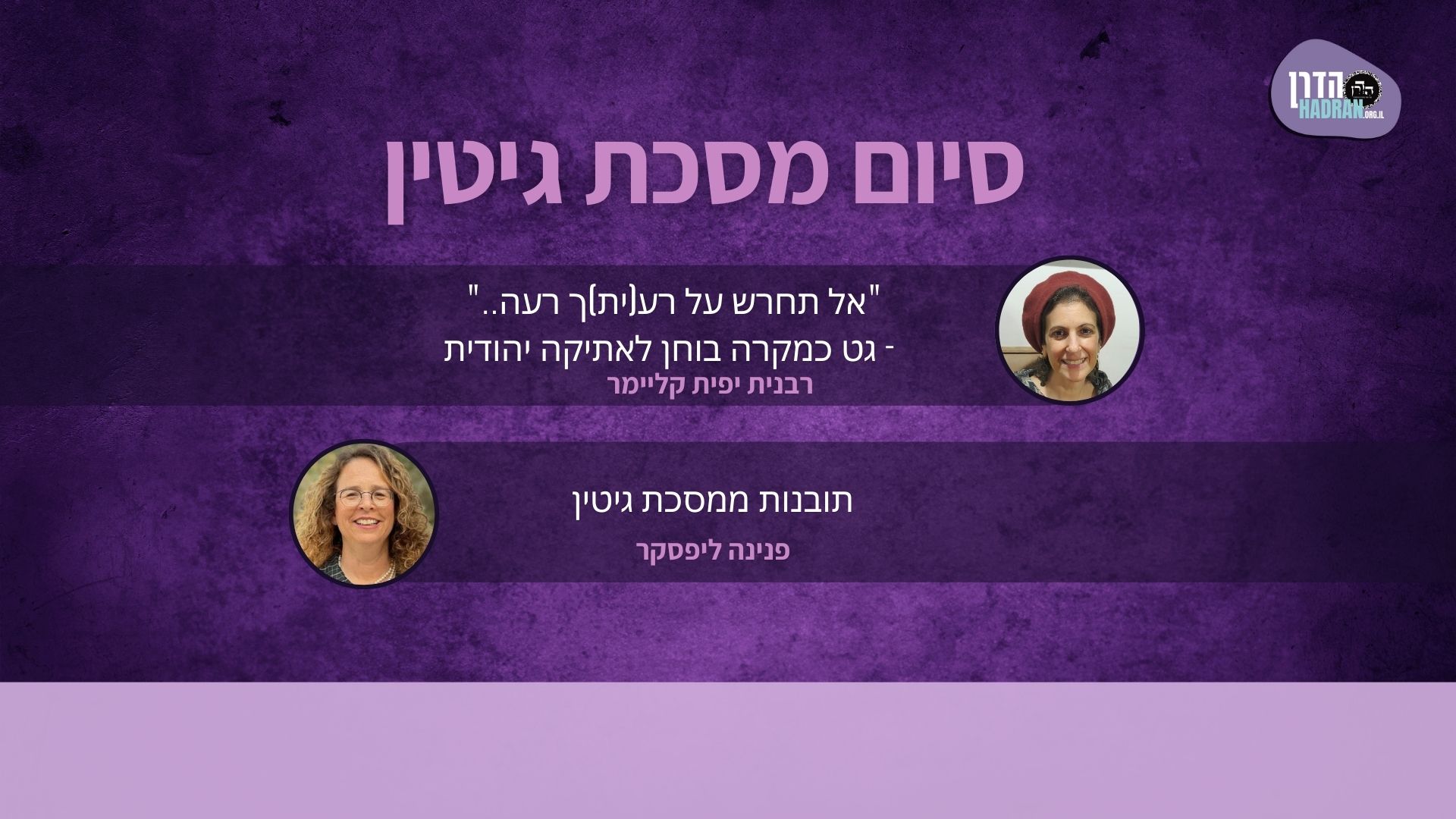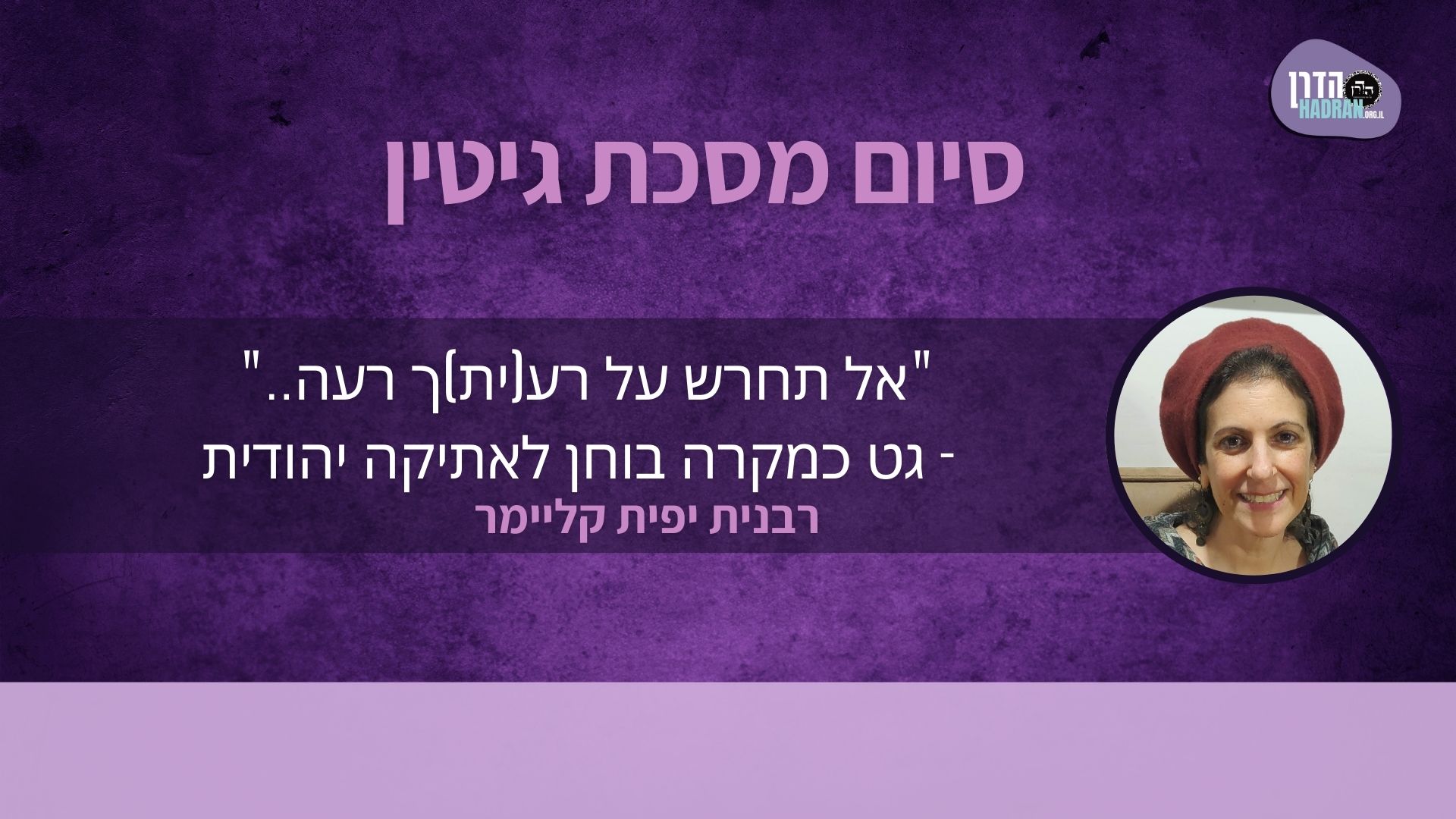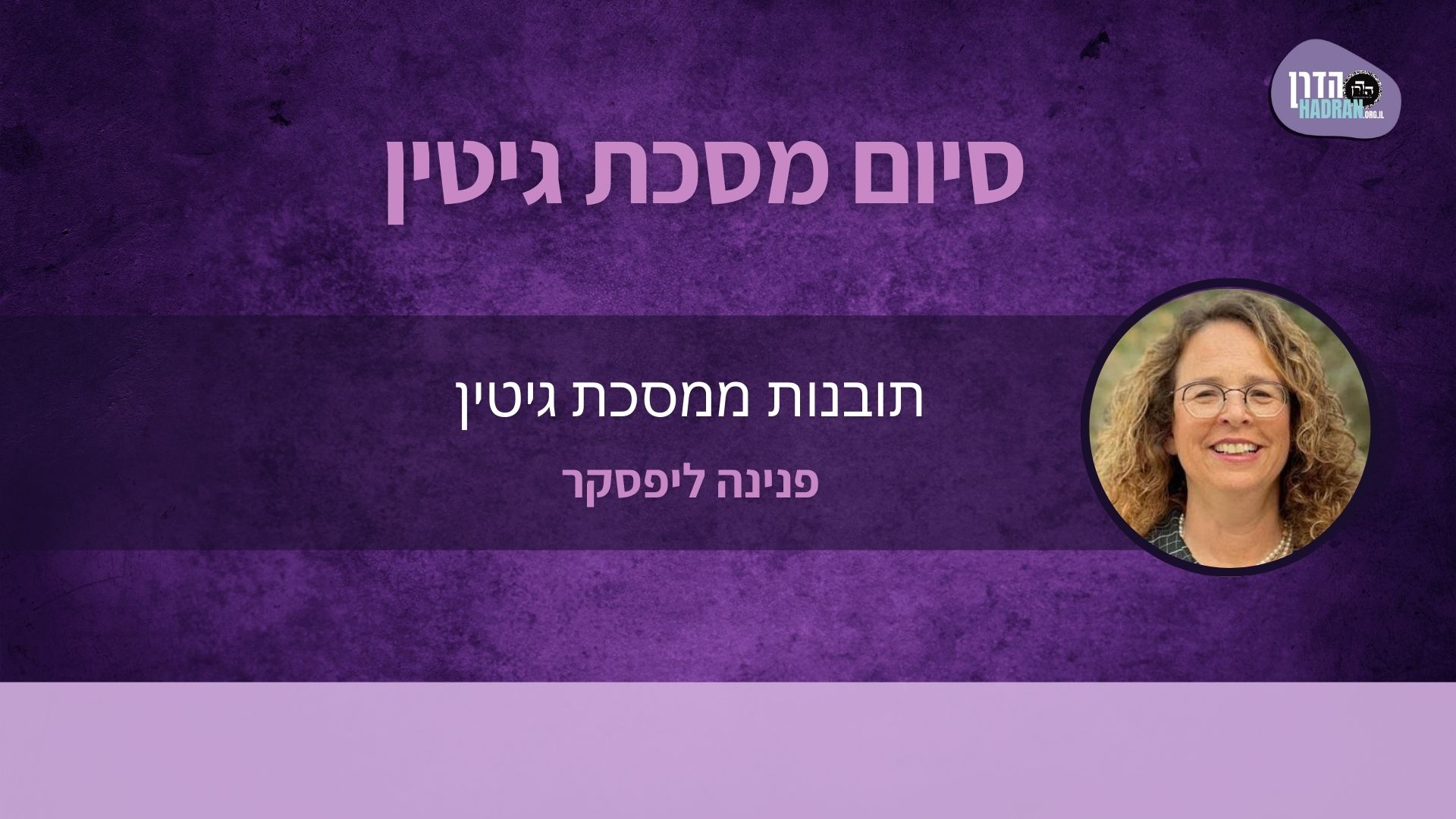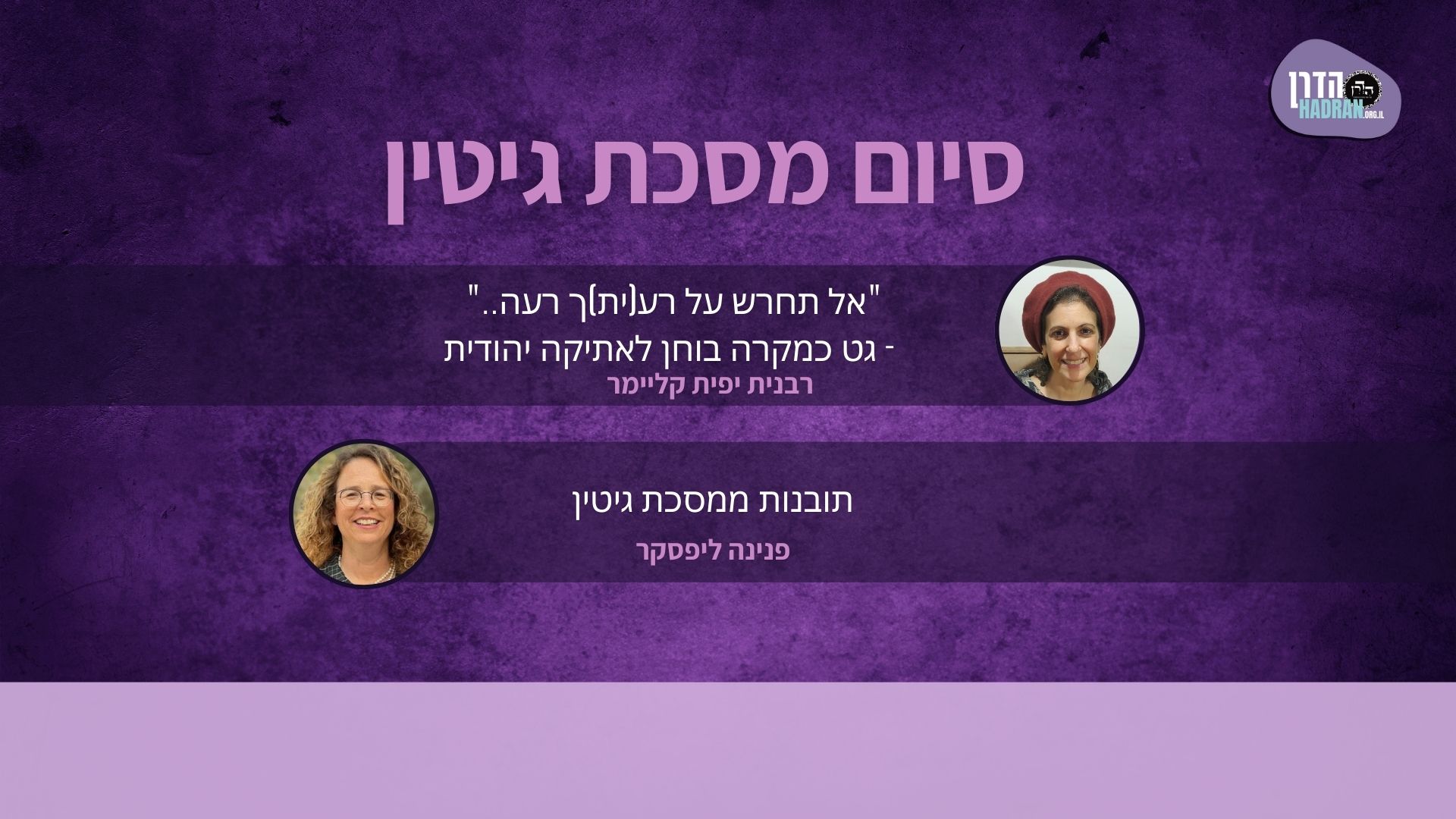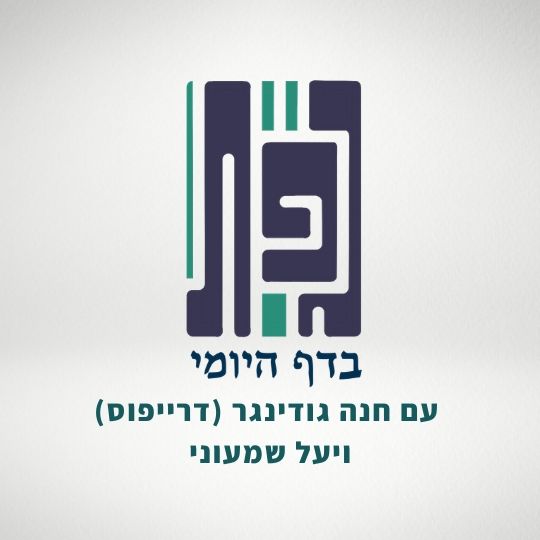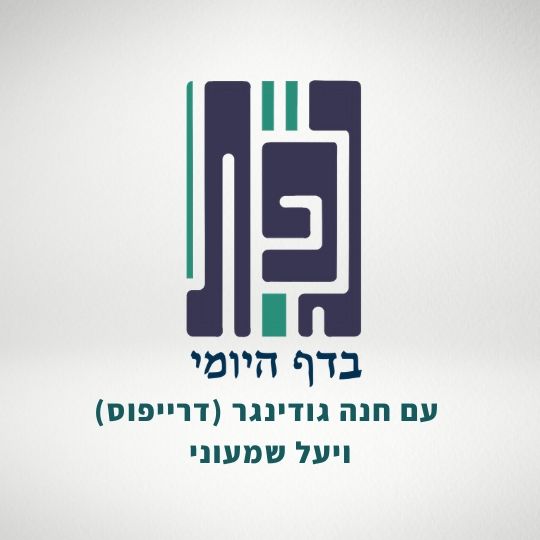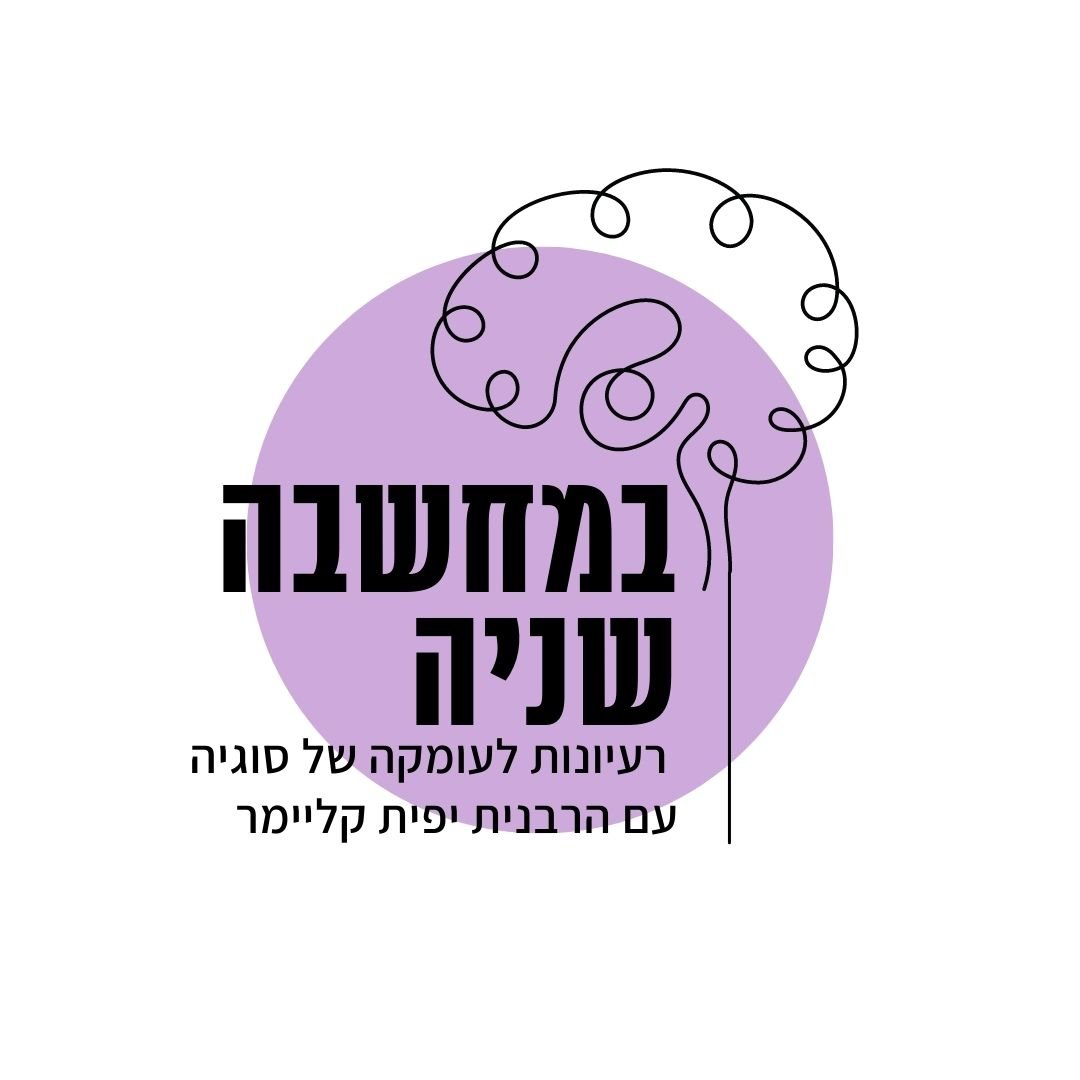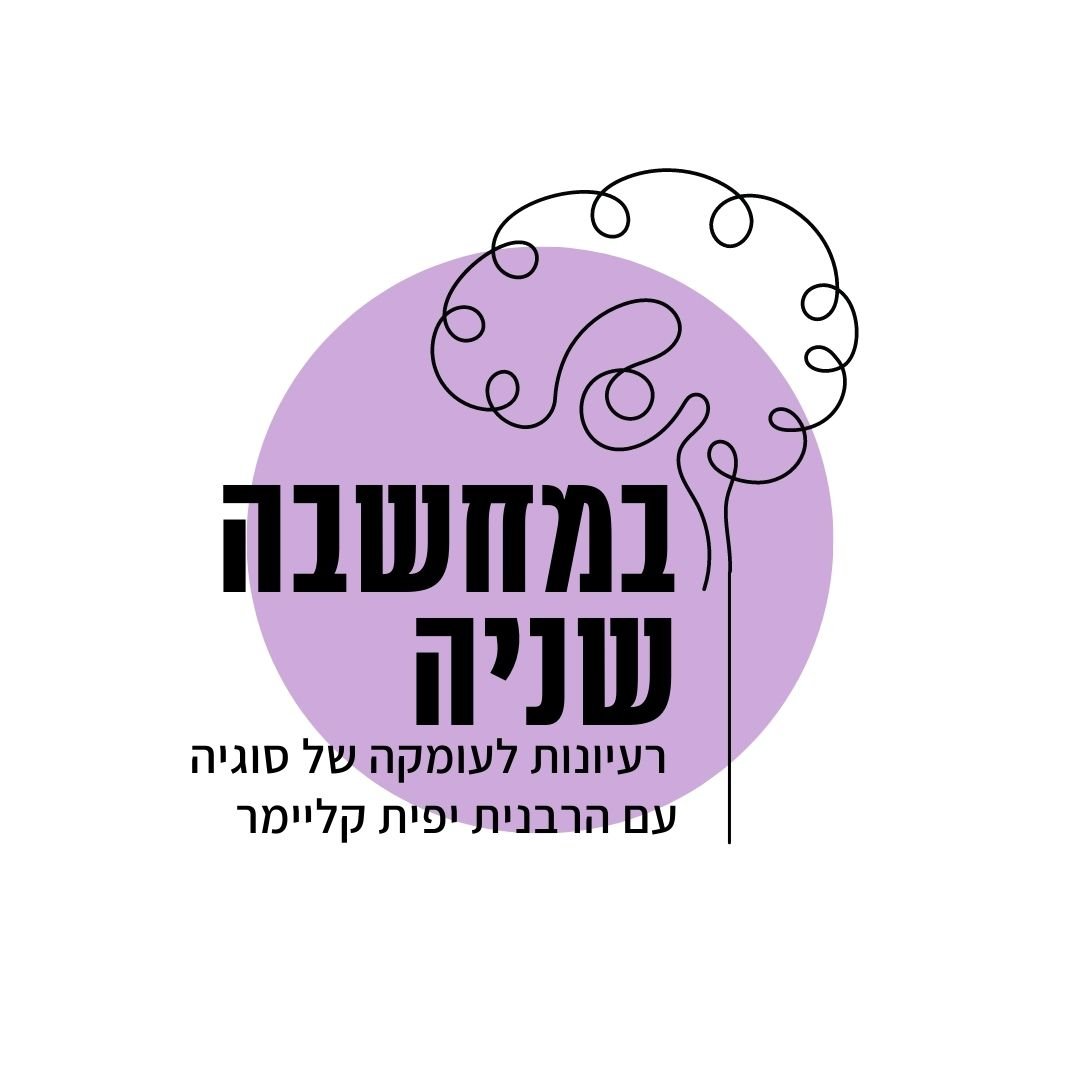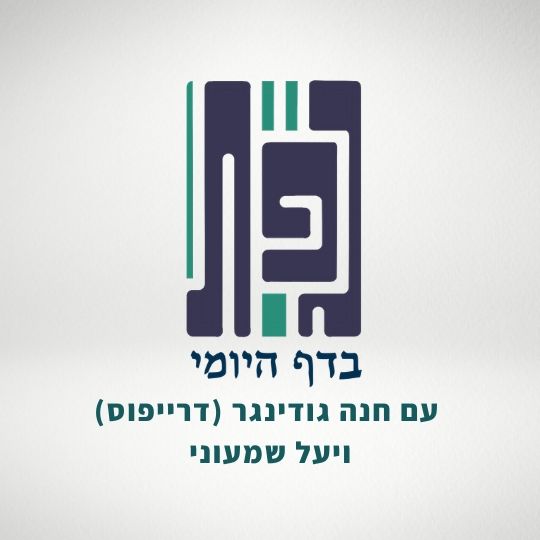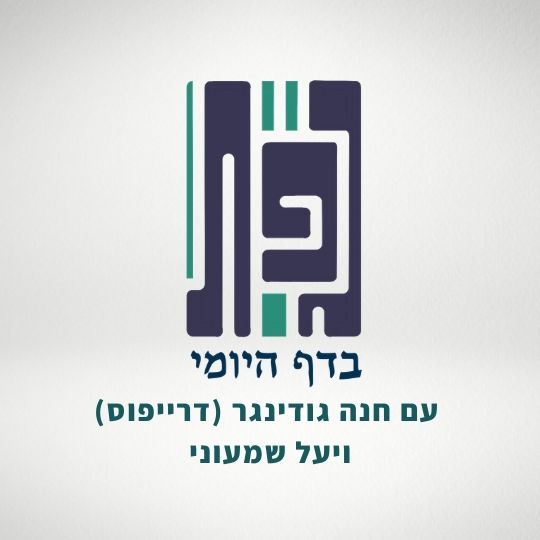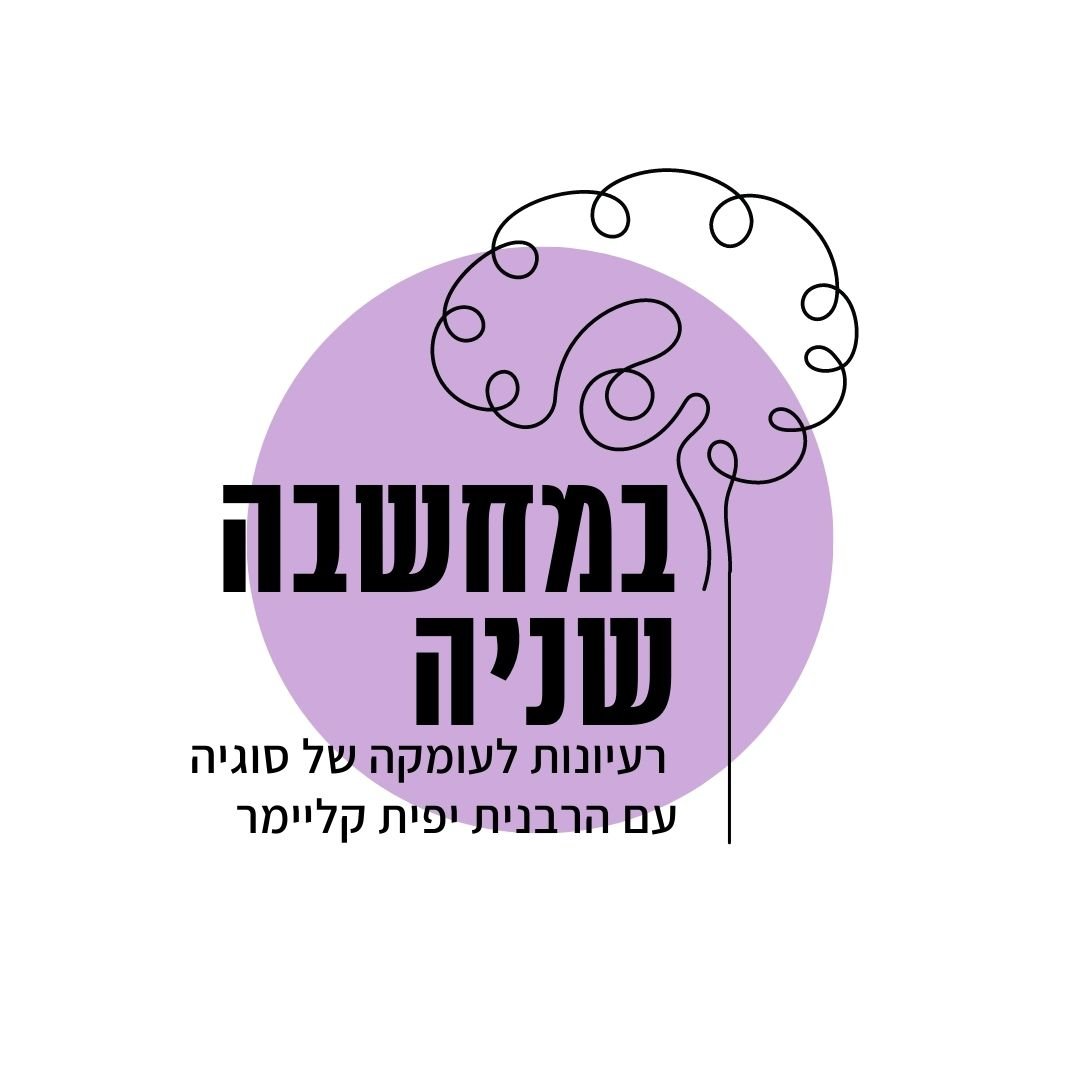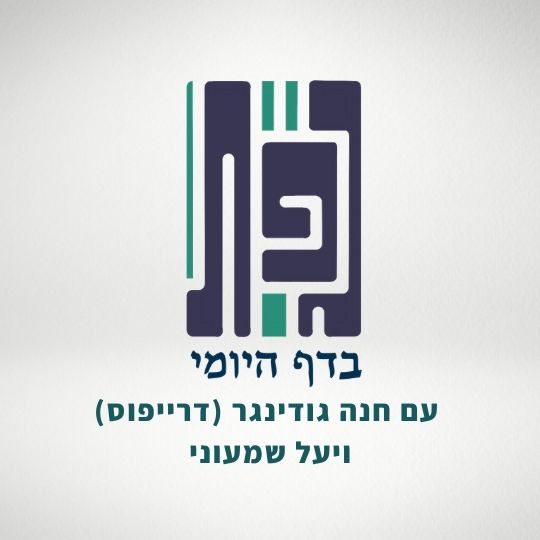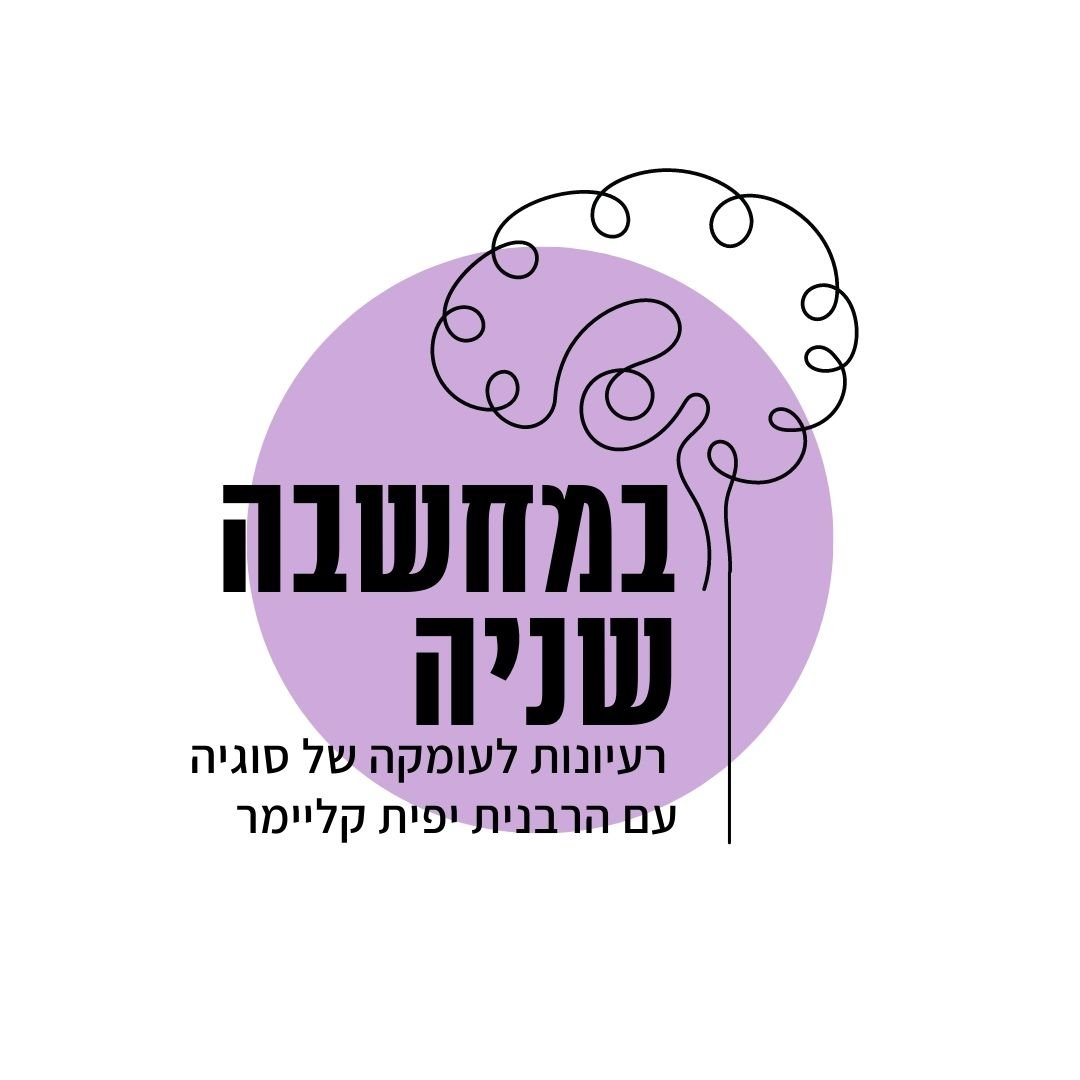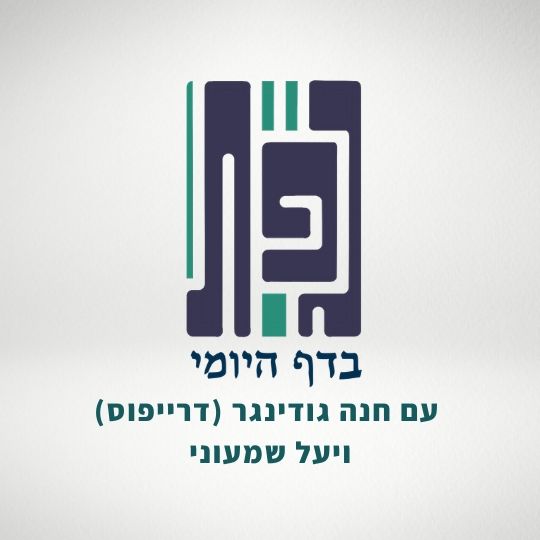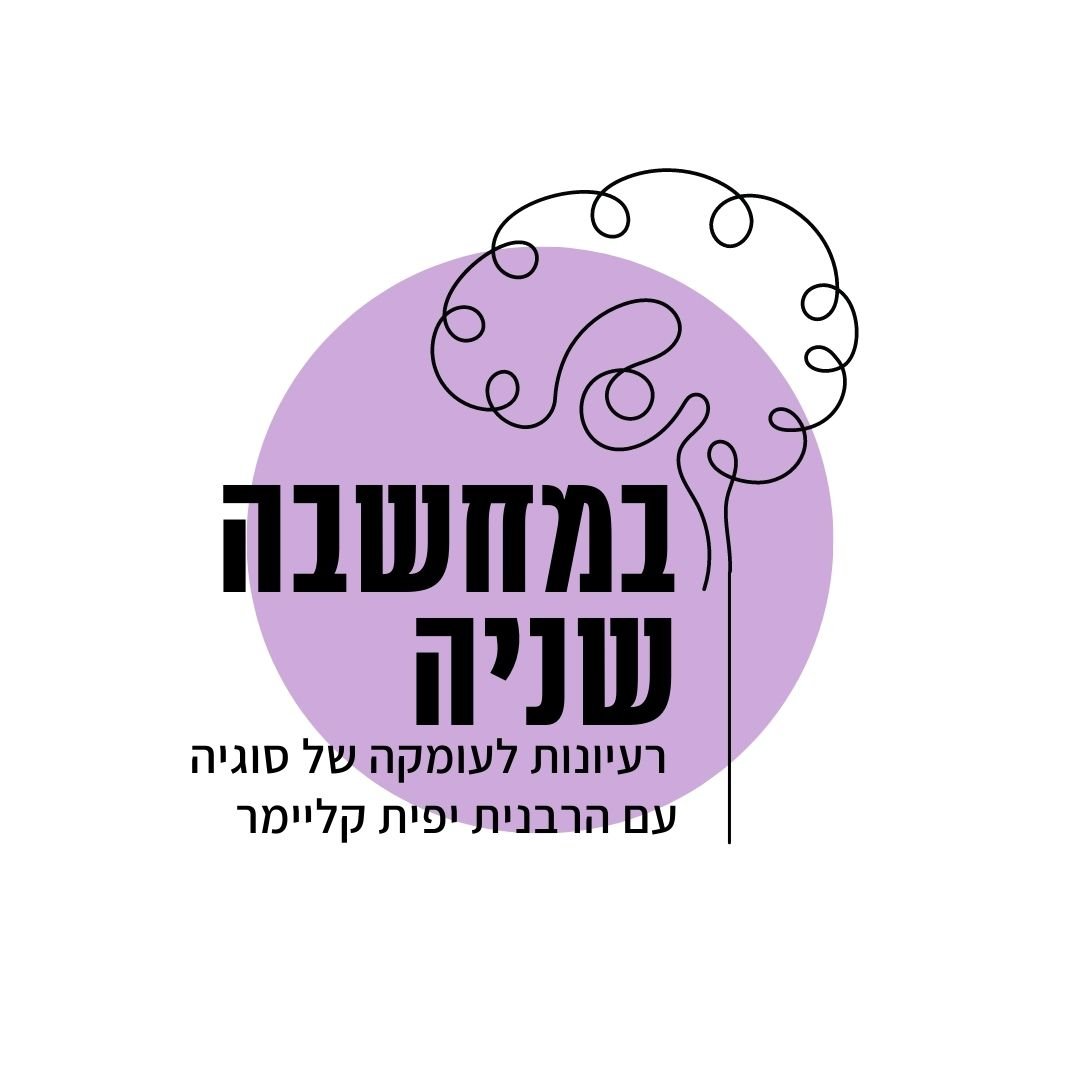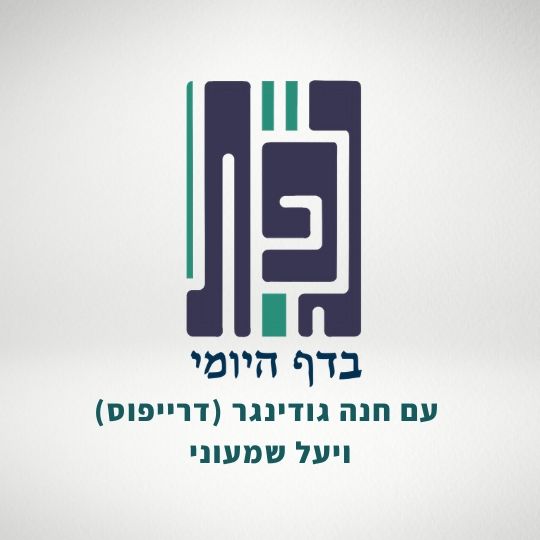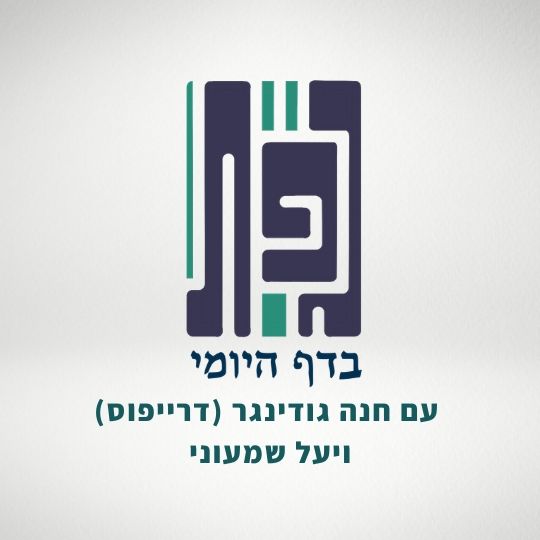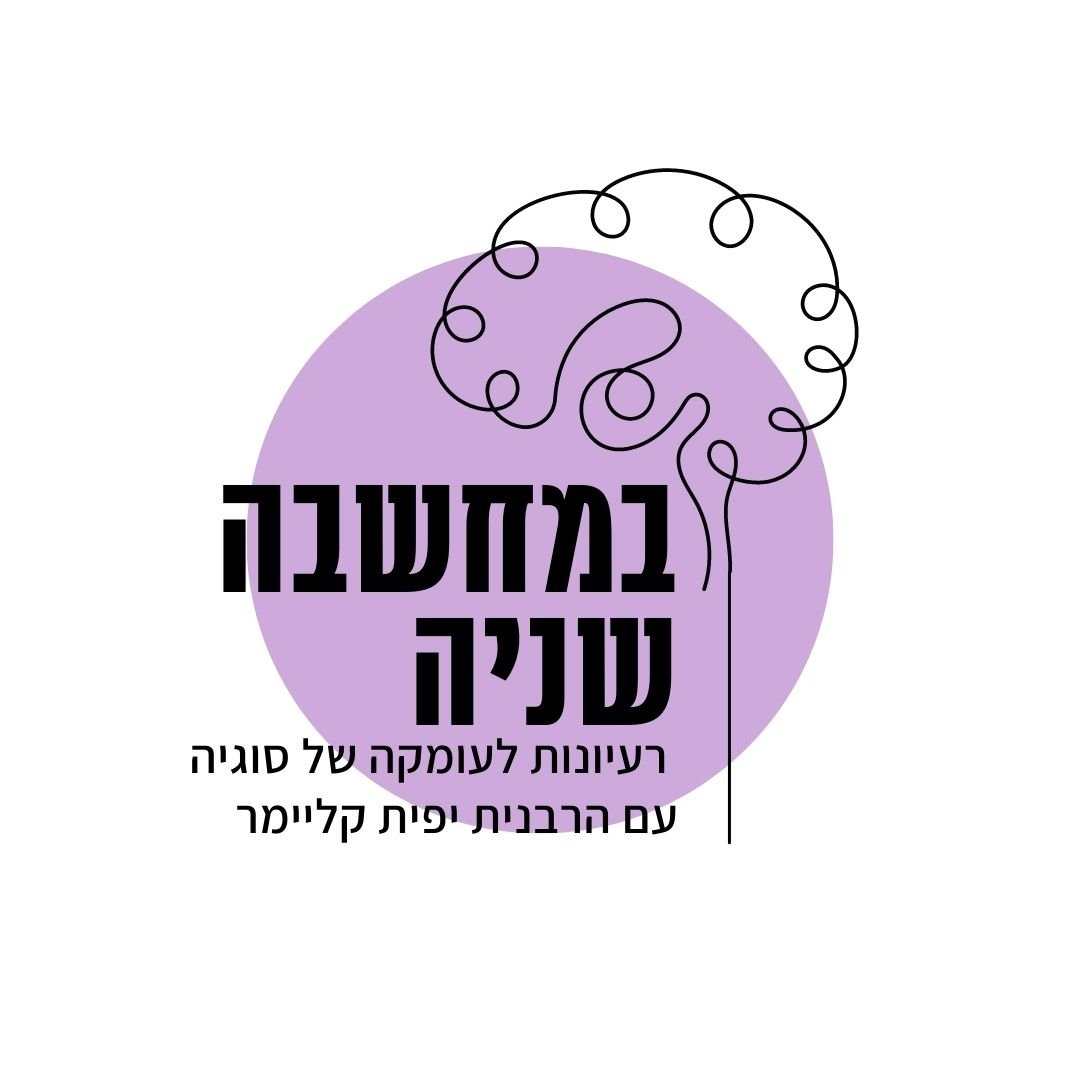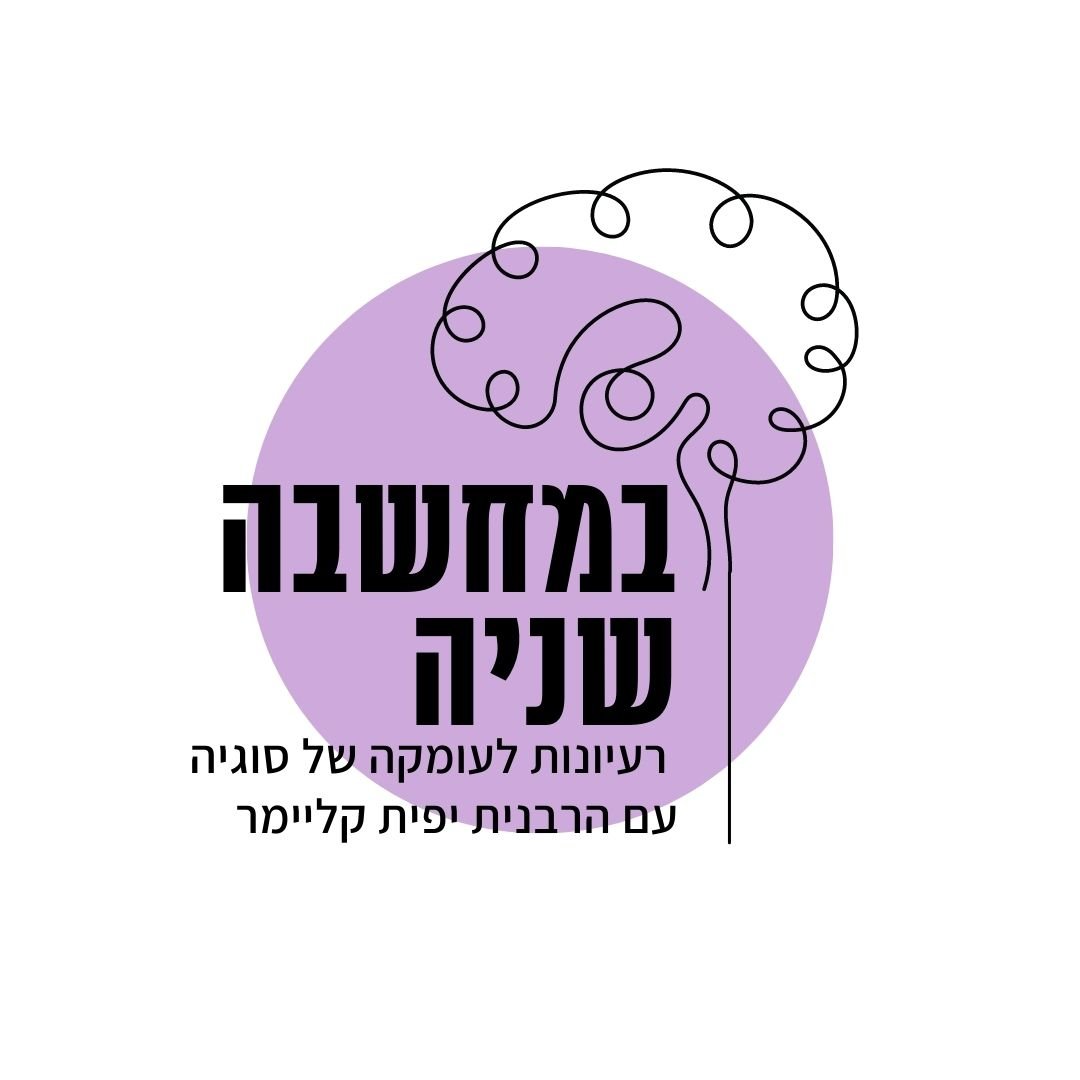גיטין ג
מִשּׁוּם עִיגּוּנָא אַקִּילוּ בַּהּ רַבָּנַן.
due to the possibility of desertion, i.e., that she may become like a deserted wife, the Sages were lenient with her by saying that the agent who brought the bill of divorce is deemed credible, despite the fact that he is a single witness. This is to prevent women from becoming uncertain of their marital status as a result of the lack of testimony needed to ratify the bill of divorce.
הַאי קוּלָּא הוּא?! חוּמְרָא הוּא! דְּאִי מַצְרְכַתְּ לֵיהּ תְּרֵי – לָא אָתֵי בַּעַל מְעַרְעֵר וּפָסֵיל לֵיהּ; חַד – אָתֵי בַּעַל וּמְעַרְעֵר וּפָסֵיל לֵיהּ!
The Gemara asks: Is this ruling a leniency? It is a stringency, since if you require two witnesses to testify with regard to the bill of divorce, her husband cannot come to contest and invalidate it, as his testimony will not be accepted against that of the two witnesses. However, if only one agent brings the bill of divorce, the husband can come and contest and invalidate the document.
כֵּיוָן דְּאָמַר מָר: בִּפְנֵי כַּמָּה נוֹתְנוֹ לָהּ? רַבִּי יוֹחָנָן וְרַבִּי חֲנִינָא; חַד אָמַר: בִּפְנֵי שְׁנַיִם, וְחַד אָמַר: בִּפְנֵי שְׁלֹשָׁה; מֵעִיקָּרָא מִידָּק דָּיֵיק, וְלָא אָתֵי לְאוֹרוֹעֵי נַפְשֵׁיהּ.
The Gemara answers: Since the Master says: In the presence of how many people must the agent who brings the bill of divorce give it to the woman? Rabbi Yoḥanan and Rabbi Ḥanina disagreed with regard to this issue. One said that he must deliver it to her in the presence of at least two people, and one said that he must deliver it to her in the presence of at least three people, as three individuals are considered a court. Therefore, at the outset the agent is careful to clarify the matter fully, and he will not act to his own detriment by bringing an invalid bill of divorce.
וּלְרָבָא דְּאָמַר לְפִי שֶׁאֵין עֵדִים מְצוּיִין לְקַיְּימוֹ – לִיבְעֵי תְּרֵי, מִידֵּי דְּהָוֵה אַקִּיּוּם שְׁטָרוֹת דְּעָלְמָא! עֵד אֶחָד נֶאֱמָן בְּאִיסּוּרִין.
The Gemara asks: And according to the opinion of Rava, who said that the agent must say: It was written in my presence and it was signed in my presence, because there are no witnesses available to ratify it, let us require two witnesses, just as is the practice with regard to the typical case of ratification of legal documents, which must be performed via two witnesses. The Gemara answers as above: One witness is deemed credible with regard to prohibitions.
אֵימַר דְּאָמְרִינַן עֵד אֶחָד נֶאֱמָן בְּאִיסּוּרִין, כְּגוֹן חֲתִיכָה סָפֵק שֶׁל חֵלֶב סָפֵק שֶׁל שׁוּמָּן, דְּלָא אִיתַּחְזַק אִיסּוּרָא; אֲבָל הָכָא אִיתַּחְזַק אִיסּוּרָא דְּאֵשֶׁת אִישׁ – הָוֵי דָּבָר שֶׁבָּעֶרְוָה, וְאֵין דָּבָר שֶׁבָּעֶרְוָה פָּחוֹת מִשְּׁנַיִם!
Again the Gemara asks: One can say that we say that one witness is deemed credible with regard to prohibitions in a case such as where there is a piece of fat, and it is uncertain if it is forbidden fat and uncertain if it is permitted fat. In this situation, the piece can be permitted by a single witness, as there is no presumption that it is forbidden. However, here there is a presumption that this woman is forbidden as a married woman. If so, this is a matter of forbidden sexual relations, and there is no matter of testimony for forbidden sexual relations that can be attested to by fewer than two witnesses.
בְּדִין הוּא דִּבְקִיּוּם שְׁטָרוֹת נָמֵי לָא לִיבְעֵי, כִּדְרֵישׁ לָקִישׁ – דְּאָמַר רֵישׁ לָקִישׁ: עֵדִים הַחֲתוּמִים עַל הַשְּׁטָר, נַעֲשׂוּ כְּמִי שֶׁנֶּחְקְרָה עֵדוּתָן בְּבֵית דִּין – וְרַבָּנַן הוּא דְּאַצְרוּךְ; וְהָכָא מִשּׁוּם עִיגּוּנָא אַקִּילוּ בַּהּ רַבָּנַן.
The Gemara answers: By right it should be that with regard to the ratification of legal documents as well, the court should not require two witnesses, in accordance with the opinion of Reish Lakish. As Reish Lakish says: Witnesses signed on a legal document become like a pair of witnesses whose testimony has been examined in court, and the document should be accepted without further ratification. And it is the Sages who required the court to ratify documents. And here, with regard to bills of divorce, the Rabbis were lenient with her by allowing the document to be ratified through the agent’s testimony alone, due to the possibility of desertion.
הַאי קוּלָּא הוּא?! חוּמְרָא הוּא! דְּאִי מַצְרְכַתְּ לֵיהּ תְּרֵי – לָא אָתֵי בַּעַל מְעַרְעֵר וּפָסֵיל לֵיהּ; חַד – אָתֵי בַּעַל וּמְעַרְעֵר וּפָסֵיל לֵיהּ! כֵּיוָן דְּאָמַר מָר: בִּפְנֵי כַּמָּה נוֹתְנוֹ לָהּ? רַבִּי יוֹחָנָן וְרַבִּי חֲנִינָא; חַד אָמַר: בִּפְנֵי שְׁנַיִם, וְחַד אָמַר: בִּפְנֵי שְׁלֹשָׁה; מֵעִיקָּרָא מִידָּק דָּיֵיק וְלָא אָתֵי לְאוֹרוֹעֵי נַפְשֵׁיהּ.
The Gemara again asks: Is this ruling a leniency? It is a stringency, since if you require two witnesses to testify with regard to the bill of divorce, then her husband cannot come to contest and invalidate it, whereas if there is only one agent, her husband can come and contest and invalidate it. Once again the Gemara answers: Since the Master says: In the presence of how many people must the agent who brings the bill of divorce give it to the woman? Rabbi Yoḥanan and Rabbi Ḥanina disagreed with regard to this issue. One said that he must deliver it to her in the presence of at least two people, and one said that he must deliver it to her in the presence of at least three people, as three individuals are considered a court. Therefore, at the outset the agent is careful to clarify the matter fully, and he will not act to his own detriment by bringing an invalid bill of divorce.
וְרָבָא, מַאי טַעְמָא לָא אָמַר כְּרַבָּה? אָמַר לָךְ: מִי קָתָנֵי ״בְּפָנַי נִכְתַּב לִשְׁמָהּ, בְּפָנַי נֶחְתַּם לִשְׁמָהּ״?!
After clarifying the basic dispute, the Gemara discusses the reasons for each opinion. And as for Rava, what is the reason that he did not say like Rabba, that the reason the agent must declare: It was written in my presence and it was signed in my presence, is due to the concern that the bill of divorce was not written for the woman’s sake? The Gemara answers that Rava could have said to you: Is it taught in the mishna that the agent must say: It was written in my presence for her sake, and it was signed in my presence for her sake? Since the agent does not testify that it was written for her sake, this indicates that the Sages did not institute the requirement that he state this declaration to ensure that it was written for her sake.
וְרַבָּה? בְּדִין הוּא דְּלִיתְנֵי הָכִי, אֶלָּא דְּאִי מַפְּשַׁתְּ לֵיהּ דִּיבּוּרָא – אָתֵי לְמִגְזְּיֵיהּ.
The Gemara asks: And how does Rabba respond to this claim? The Gemara answers: By right it is so that the mishna should teach in this manner. However, the Sages did not require him to say this, as if you increase the agent’s requirement to speak, by obligating him to state this lengthy declaration, he will likely come to shorten it. If he has too much to remember, he might forget some of the formula, and his error will render the bill of divorce invalid.
הַשְׁתָּא נָמֵי אָתֵי לְמִגְזְּיֵיהּ! חֲדָא מִתְּלָת גָּאֵיז, חֲדָא מִתַּרְתֵּי לָא גָּאֵיז.
The Gemara asks: Now too, with regard to the formula as it stands, he will come to shorten it by omitting either it was written in my presence or it was signed in my presence. The Gemara answers: He is likely to shorten it by omitting one term out of three, such as: For her sake, from the three-term clause: It was written, in my presence, for her sake. However, he will not shorten his declaration by omitting one term of two. Consequently, when asked if it was written in his presence, he will answer with the full statement, and the same is true when he is asked if it was signed in his presence.
וְרַבָּה, מַאי טַעְמָא לָא אָמַר כְּרָבָא? אָמַר לָךְ: אִם כֵּן נִיתְנֵי ״בְּפָנַי נֶחְתַּם״ וְתוּ לָא; ״בְּפָנַי נִכְתַּב״ לְמָה לִי? שְׁמַע מִינַּהּ בָּעֵינַן לִשְׁמָהּ.
The Gemara asks concerning the other opinion: And as for Rabba, what is the reason that he did not say like Rava, that the reason for the decree is because witnesses may not be available to ratify the bill of divorce? The Gemara answers that Rabba could have said to you: If so, let the mishna teach: It was signed in my presence, and nothing more, as this is a confirmation that the signatures of the witnesses on the document are valid. Why do I need the agent to add: It was written in my presence? Conclude from it that the reason for this decree is because we need the bill of divorce to be written for her sake.
וְרָבָא? בְּדִין הוּא דְּלִיתְנֵי הָכִי, אֶלָּא דְּאִם כֵּן, אָתֵי לְאִיחַלּוֹפֵי בְּקִיּוּם שְׁטָרוֹת דְּעָלְמָא – בְּעֵד אֶחָד.
The Gemara asks: And how does Rava respond to this claim? The Gemara answers: Rava would answer that by right it is so that the mishna should teach in this manner. But if this were to be so, that the agent declares merely: It was signed in my presence, people will come to confuse the matter with the typical case of ratification of legal documents. In other words, they will think it is possible to ratify other documents via the testimony of one witness. Consequently, the Sages added that the agent must also declare: It was written in my presence, which is not generally stated with regard to the confirmation of other documents.
וְרַבָּה: מִי דָּמֵי?! הָתָם ״יָדְעִינַן״, הָכָא ״בְּפָנַי״;
The Gemara comments: And Rabba would respond as follows: There is no concern that people will confuse the ratification of a bill of divorce with the typical case of the ratification of legal documents, as are the two cases comparable at all? There, with regard to the ratification of other documents, the witnesses need only say: We know that these are the signatures of the witnesses on the document. By contrast, here, in the case of a bill of divorce, the agent must say: It was signed in my presence.
הָתָם אִשָּׁה לָא מְהֵימְנָא, הָכָא אִשָּׁה מְהֵימְנָא; הָתָם בַּעַל דָּבָר לָא מְהֵימַן, הָכָא בַּעַל דָּבָר מְהֵימַן.
Additionally, there, in the case of other documents, a woman is not deemed credible, whereas here, a woman is deemed credible when she brings a bill of divorce and declares that it was written and signed in her presence. Additionally, there, in the case of other documents, an interested party is not deemed credible to testify concerning the validity of the document. However, here, an interested party is deemed credible, as even the woman herself can bring her bill of divorce and testify that it was drafted in the correct manner.
וְרָבָא אָמַר לָךְ: אַטּוּ הָכָא כִּי אָמְרִי ״יָדְעִינַן״ מִי לָא מְהֵימְנִי?! וְכֵיוָן דְּכִי אָמְרִי ״יָדְעִינַן״ מְהֵימְנִי, אָתֵי לְאִיחַלּוֹפֵי בְּקִיּוּם שְׁטָרוֹת דְּעָלְמָא – בְּעֵד אֶחָד.
And Rava, how would he respond to this claim? He could have said to you: Is that to say that here, in the case of a bill of divorce, if the witnesses of ratification say: We know, they are not deemed credible? They would be deemed credible even if they used that formula. And since when they say: We know, they are deemed credible, people will come to confuse it with the typical case of ratification of legal documents, which they will perform via one witness.
וּלְרַבָּה דְּאָמַר לְפִי שֶׁאֵין בְּקִיאִין לִשְׁמָהּ, מַאן הַאי תַּנָּא דְּבָעֵי כְּתִיבָה לִשְׁמָהּ, וּבָעֵי
The Gemara asks: And according to the opinion of Rabba, who said that the reason for the declaration: It was written in my presence and it was signed in my presence, is because they are not experts in writing a bill of divorce for her sake, who is this tanna who requires that the writing of the bill of divorce must be performed for her sake, and also requires
חֲתִימָה לִשְׁמָהּ? אִי רַבִּי מֵאִיר – חֲתִימָה בָּעֵי, כְּתִיבָה לָא בָּעֵי! דִּתְנַן: אֵין כּוֹתְבִין בִּמְחוּבָּר לַקַּרְקַע. כְּתָבוֹ עַל הַמְחוּבָּר לַקַּרְקַע, תְּלָשׁוֹ, חֲתָמוֹ וּנְתָנוֹ לָהּ – כָּשֵׁר!
that the signing must be performed for her sake? If it is in accordance with the opinion of Rabbi Meir, he requires signing for her sake; however, he does not require that the writing must be for her sake. As we learned in a mishna (21b): One may not write a bill of divorce on anything that is attached to the ground, e.g., a leaf attached to a tree. However, if he wrote it on something that is attached to the ground, and then he detached it, signed it, and gave it to her, it is valid. This indicates that the essential stage of writing a bill of divorce is when it is signed by witnesses. The Gemara says that this is Rabbi Meir’s opinion, as an unattributed ruling in the mishna typically follows the opinion of Rabbi Meir.
אִי רַבִּי אֶלְעָזָר – כְּתִיבָה בָּעֵי, חֲתִימָה לָא בָּעֵי! וְכִי תֵּימָא לְעוֹלָם רַבִּי אֶלְעָזָר הִיא, וְכִי לָא בָּעֵי רַבִּי אֶלְעָזָר חֲתִימָה לִשְׁמָהּ – מִדְּאוֹרָיְיתָא, מִדְּרַבָּנַן – בָּעֵי; וְהָא שְׁלֹשָׁה גִּיטִּין פְּסוּלִין דְּרַבָּנַן, וְלָא בָּעֵי רַבִּי אֶלְעָזָר חֲתִימָה לִשְׁמָהּ!
If it is in accordance with the opinion of Rabbi Elazar, who disagrees with Rabbi Meir and requires that the writing must be for her sake, he does not require that the signing must be for her sake. And if you would say that actually the mishna is in accordance with the opinion of Rabbi Elazar, and when Rabbi Elazar does not require signing for her sake, he means by Torah law, whereas by rabbinic law he requires that bills of divorce must be signed for her sake; but that is untenable, as the Sages listed three bills of divorce that are valid by Torah law but are invalid by rabbinic law, and when he disputes that ruling Rabbi Elazar does not require that the signing must be for her sake.
דִּתְנַן: שְׁלֹשָׁה גִּיטִּין פְּסוּלִין, וְאִם נִיסַּת הַוָּלָד כָּשֵׁר: כָּתַב בִּכְתַב יָדוֹ וְאֵין עָלָיו עֵדִים, יֵשׁ עָלָיו עֵדִים וְאֵין בּוֹ זְמַן, יֵשׁ בּוֹ זְמַן וְאֵין בּוֹ אֶלָּא עֵד אֶחָד – הֲרֵי אֵלּוּ שְׁלֹשָׁה גִּיטִּין פְּסוּלִין, וְאִם נִיסַּת – הַוָּלָד כָּשֵׁר.
As we learned in a mishna (86a): Three bills of divorce are invalid ab initio, but if the woman married another man after having received one of these bills of divorce the offspring is of unflawed lineage. In other words, she is not considered to be a married woman who engaged in sexual intercourse with another man, which would render their child as one born from an adulterous relationship [mamzer]. And these three are: A bill of divorce that the husband wrote in his handwriting but there are no signatures of witnesses on the document; and if there are the signatures of witnesses on the document but there is no date written on it; and if there is a date written on it but it has only one witness signed on it. These are the three invalid bills of divorce concerning which the Sages said: And if she married, the offspring is of unflawed lineage.
רַבִּי אֶלְעָזָר אוֹמֵר: אַף עַל פִּי שֶׁאֵין עָלָיו עֵדִים – אֶלָּא שֶׁנְּתָנוֹ לָהּ בִּפְנֵי עֵדִים; כָּשֵׁר, וְגוֹבֶה מִנְּכָסִים מְשׁוּעְבָּדִים. שֶׁאֵין הָעֵדִים חוֹתְמִים עַל הַגֵּט אֶלָּא מִפְּנֵי תִּיקּוּן הָעוֹלָם.
The mishna continues: Rabbi Elazar says: Even though there are no signatures of witnesses on the document, but he gave it to her in the presence of two witnesses, it is a valid bill of divorce. And on the basis of this bill of divorce the woman can collect the amount written to her in her marriage contract even from liened property, as Rabbi Elazar maintains that witnesses sign the bill of divorce only for the betterment of the world. If no witnesses sign a bill of divorce the husband could contest its validity at any time by denying that he wrote it. In any case, it can be seen from this mishna that according to Rabbi Elazar the signatures of the witnesses are not an essential part of a bill of divorce. Consequently, it does not need to be signed for her sake, even by rabbinic law.
וְאֶלָּא רַבִּי מֵאִיר הִיא, וְכִי לָא בָּעֵי רַבִּי מֵאִיר כְּתִיבָה לִשְׁמָהּ – מִדְּאוֹרָיְיתָא, מִדְּרַבָּנַן בָּעֵי; וְהָא אָמַר רַב נַחְמָן, אוֹמֵר הָיָה רַבִּי מֵאִיר: אֲפִילּוּ מְצָאוֹ בְּאַשְׁפָּה,
But rather, you can say that the mishna is in accordance with the opinion of Rabbi Meir, and when Rabbi Meir does not require that the writing must be for her sake, he meant by Torah law, whereas by rabbinic law he does require that the writing must be for her sake. However, the Gemara raises a difficulty against this explanation as well: But didn’t Rav Naḥman say that Rabbi Meir would say: A bill of divorce need not be written for her sake, and even if a husband found a bill of divorce in the garbage, and the names of the man and woman in the bill of divorce are the same as his name and that of his wife,

